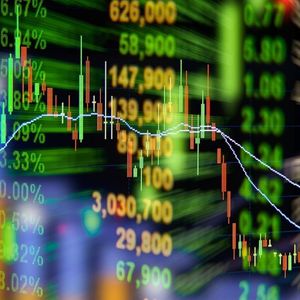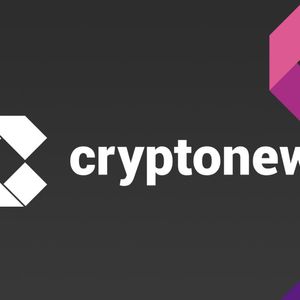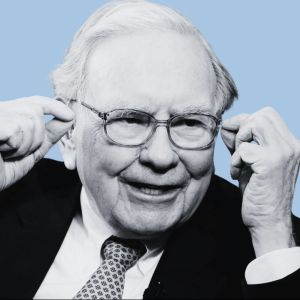In a historic shift for South Korea’s political and financial scene, all three major presidential candidates in the upcoming June 3 election have declared support for Bitcoin exchange-traded funds (ETFs) and institutional investment in virtual assets, according to a report by Yonhap News Agency cited by CryptoQuant. All three major South Korean presidential candidates support #Bitcoin ETFs and institutional investment. Currently, Bitcoin ETFs and institutional investments are banned in Korea. 100% volume comes from retail. pic.twitter.com/hL6cKci5VK — Ki Young Ju (@ki_young_ju) May 14, 2025 This marks the first time a South Korean presidential race has placed digital assets at the forefront of policy pledges, reflecting the growing influence of retail crypto investors and aligning with global trends led by U.S. regulatory shifts. South Korea Bans Institutional Investment in Crypto South Korea currently bans institutional investment in cryptocurrencies, and Bitcoin ETFs remain off-limits. As a result, the nation’s crypto trading volume comes entirely from retail investors. However, the rising popularity of digital assets among the youth and the middle class appears to be shaping the candidates’ platforms. Lee Jae-myung, the Democratic Party of Korea candidate, and Kim Moon-soo of the conservative People Power Party, have both released forward-looking pledges targeting crypto-savvy demographics. Lee announced on Facebook that he would introduce virtual asset spot ETFs and establish an integrated monitoring system to protect investors. He also promised to reduce transaction fees, making digital asset trading more accessible to young Koreans looking to build wealth. Kim Moon-soo echoed similar sentiments, embedding the launch of virtual asset ETFs into his “Middle Class Asset Increase Project,” a key component of his campaign. His pledge seeks to broaden the investment options for the middle class by legitimizing institutional access to the crypto market. This policy convergence among the top candidates reflects not just domestic investor demands but also global momentum. With the U.S. aggressively advancing its digital asset framework under the current administration, South Korean leaders appear eager to modernize financial regulations and avoid falling behind. As the local virtual asset investor base continues to grow, South Korea’s political establishment is finally responding. If any of these candidates follow through post-election, the nation could see a policy overhaul—one that opens the door to Bitcoin ETFs and institutional investment, transforming Korea from a retail-driven market to a global crypto hub. South Korea’s Digital Asset Committee Redefines Crypto Regulation South Korea jolted its presidential race on May 13 when the Democratic Party unveiled a Digital Asset Committee, vowing to pull crypto regulation straight into the next president’s office. The committee, formed under the party’s election campaign arm, held its first meeting on Tuesday at the National Assembly Members’ Hall in Seoul. Local news agency, News1, reported that the initiative comes as digital assets emerge as a key issue in the upcoming presidential election. The committee will play a central role in drafting pledges, driving legislation, and building frameworks for digital assets, with early discussions focused on the Basic Digital Asset Act, known as the “Stage 2 Bill.” The post CryptoQuant: South Korea’s Three Presidential Front-Runners Embrace Crypto – Policy Shift Ahead? appeared first on Cryptonews .



















